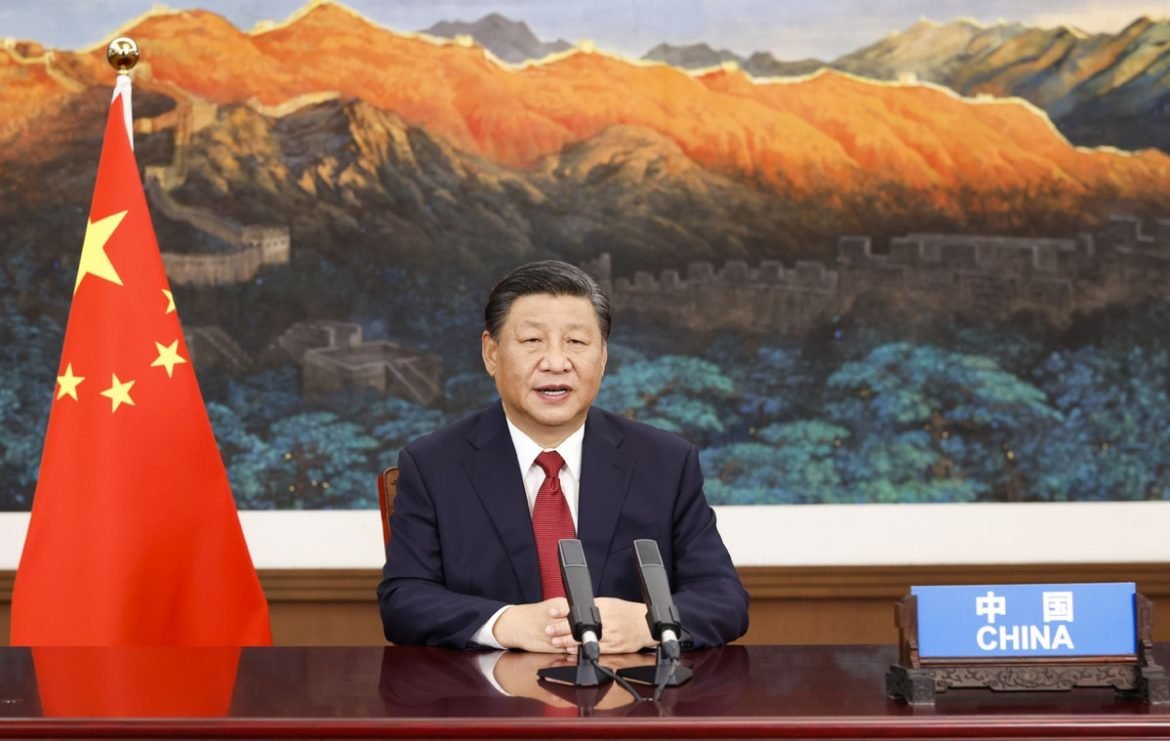The World Economic Forum, since its first Annual Meeting in Davos in 1971, has been convening leaders to promote multilateralism and multi-stakeholder solutions to address global challenges. The focus was same in this year’s meeting. At this year’s Annual Meeting in May 2022, which was held after more than two years due to the pandemic, alignment and cooperation across countries, need of companies and civil society groups are emphasised.
In 2017, when Chinese President Xi Jinping attended the meeting for the first time, he placed great emphasis on shared responsibility to promote global growth. In January 2022, he joined the Forum’s virtual Davos Agenda and further reiterated the importance of global collaboration. Moreover, he introduced the Global Development Initiative (GDI) and a call for all partners to jointly interpret the initiative into concrete actions and make sure that no country is left behind.
Due to the intensity of the ongoing pandemic situation in China, fewer representatives from China will be in attendance on the ground this year. Nonetheless, Chinese stakeholders are at the table when it comes to many of the key priorities of the Davos agenda, most notably on climate action, represented by Xie Zhenhua, China’s Special Envoy on Climate. Chinese business leaders ranging from state-owned enterprises to major financial exchanges to technology leaders will share how they are helping to drive the clean energy transition, bring Environmental Social and Governance (ESG) reporting to the mainstream in the country and make technological breakthroughs more widely available across the world.
China’s Global Development Initiative to solve global issues
Today, no country can face global challenges alone. The Covid-19 pandemic situation and the Ukraine-Russia crisis made it very clear. Thus, the GDI is a timely call to address the immediate challenges that threaten our collective ability to deliver on the Sustainable Development Goals (SDGs) in just eight years’ time. Worldwide crises confirm us that a lack of global collaboration and multilateralism are the true barriers to overcome, not the technological or adaptive challenges.
Reflecting on the eight priority areas of the Global Development Initiative, and responding to President Xi Jinping’s appeal to “translate the initiative into concrete actions”, some early examples are emerging of how a multilateral and multi-stakeholder effort can work to identify and implement solutions.
Vaccine access for all
This is one of the priority agenda of the Global Development Initiative. China putting excellent effort to make vaccines for the global public good by contributing to existing global multilateral mechanisms – a $100 million pledge to GAVI, COVAX and continuous commitments to assist at least 53 countries with vaccines.
In order to rebalance global manufacturing capacity, there is a window of opportunity for vaccine manufacturing in low and middle-income countries (LMICs), and to harness political and financial commitments. However, such partnerships rely on a complicated and globalised ecosystem which requires the coordination of multiple stakeholders if they are to be sustainable. The Forum’s Vaccine Manufacturing Collaborative helps to provide a neutral “exchange platform” to discuss existing initiatives and work collectively to find synergies and overcome the shared challenges.
Protecting natural resources
Another key element of China’s Global Development Initiative is that it focuses on the urgent needs of the developing countries in managing natural resources and achieving harmony between humans and nature, and to finance this endeavour. Avoiding climate and energy transition risks and improving outcomes for sustainable economies and societies is a goal for all the countries. Thus, the Forum is working globally with partners from government, business and civil society to develop innovative financial instruments and business models to demonstrate and materialize green technologies across the world and facilitate the transition of hard-to-abate industry activities.
Prioritizing digital inclusion
Statistic shows that 47 percent of people in the world are not using the internet till now. The cost of available broadband exceeds affordability targets by 50 percent in the developed countries; affordable usage remains a challenge even in the most advanced countries. Thus, the GDI’s priority that digital economy and digital inclusion is foundational to inclusive economic growth, social equity and the SDGs – unlocking transformational outcomes across every sector, including: efficient and accessible healthcare; equitable education; financial inclusion; healthy small, medium and micro businesses; and food security is a key factor and timely initiative. The Forum has launched global initiatives such as the EDISON Alliance, which brings together existing and new coalitions of public, private and social sector organizations who are each contributing genuinely impactful projects in the domain of increased access and inclusive design of digital technologies.
The Forum commends the efforts that China has made to address these difficult topics related to the digital economy. Given China’s success in bringing 1 billion citizens online over the past decades, there is surely much to learn and share through this type of initiative. Moreover, there is a great opportunity for China to demonstrate the value of a connected health system and to pioneer solutions in digital health that other regions can learn from.


